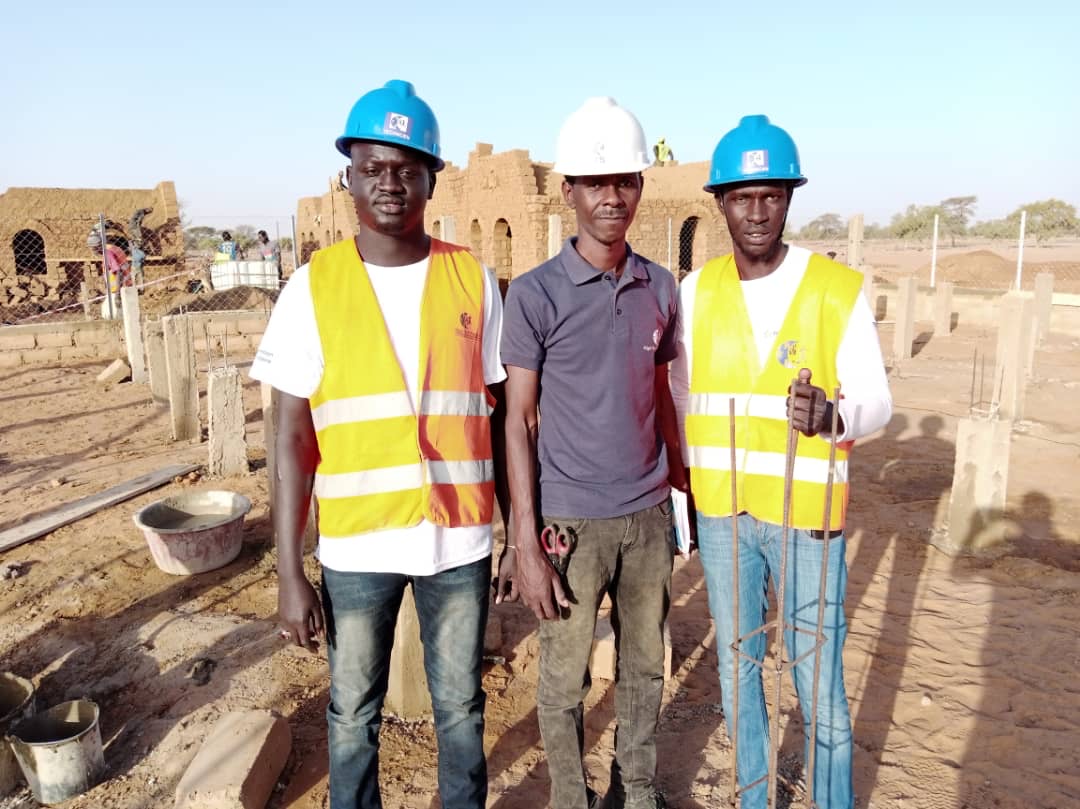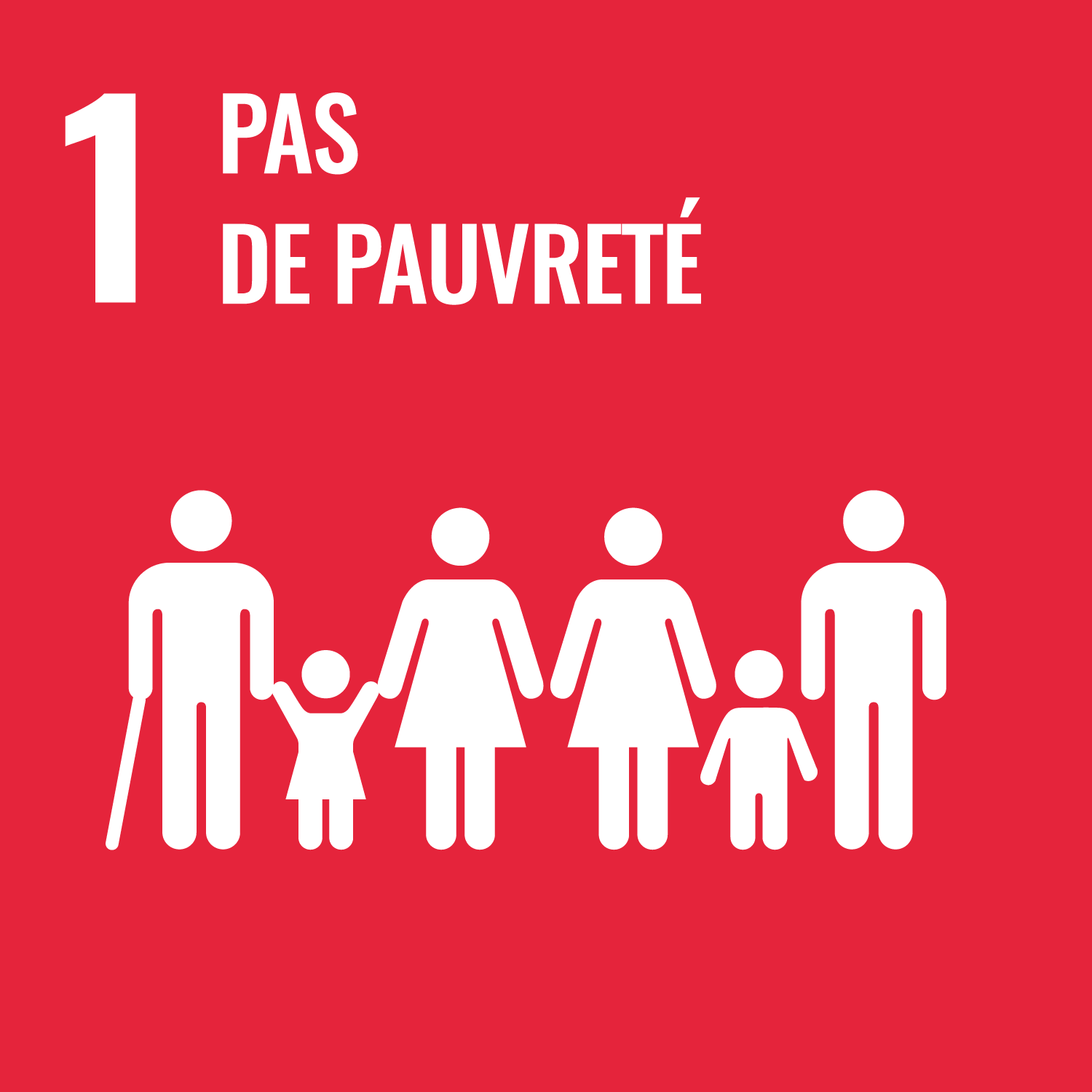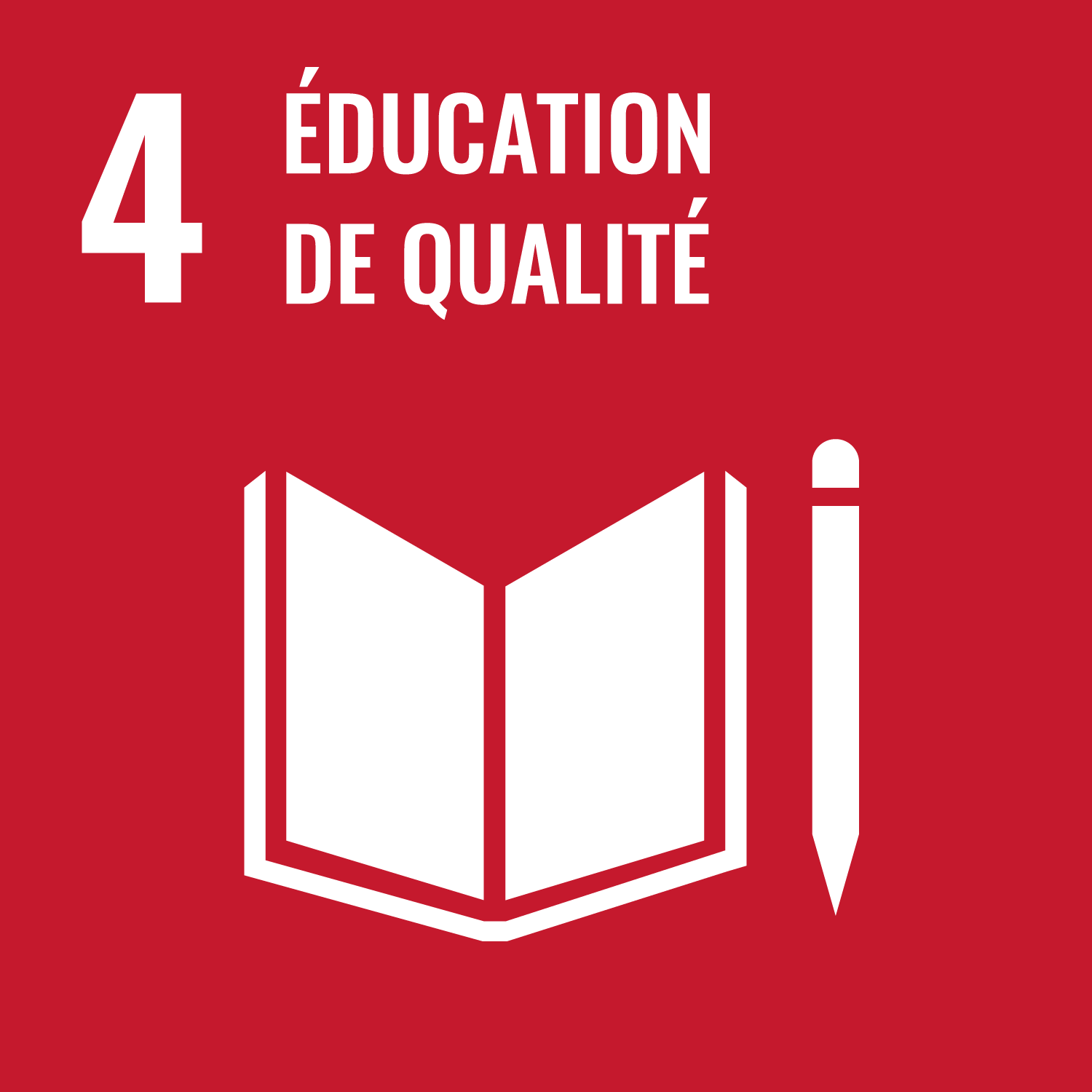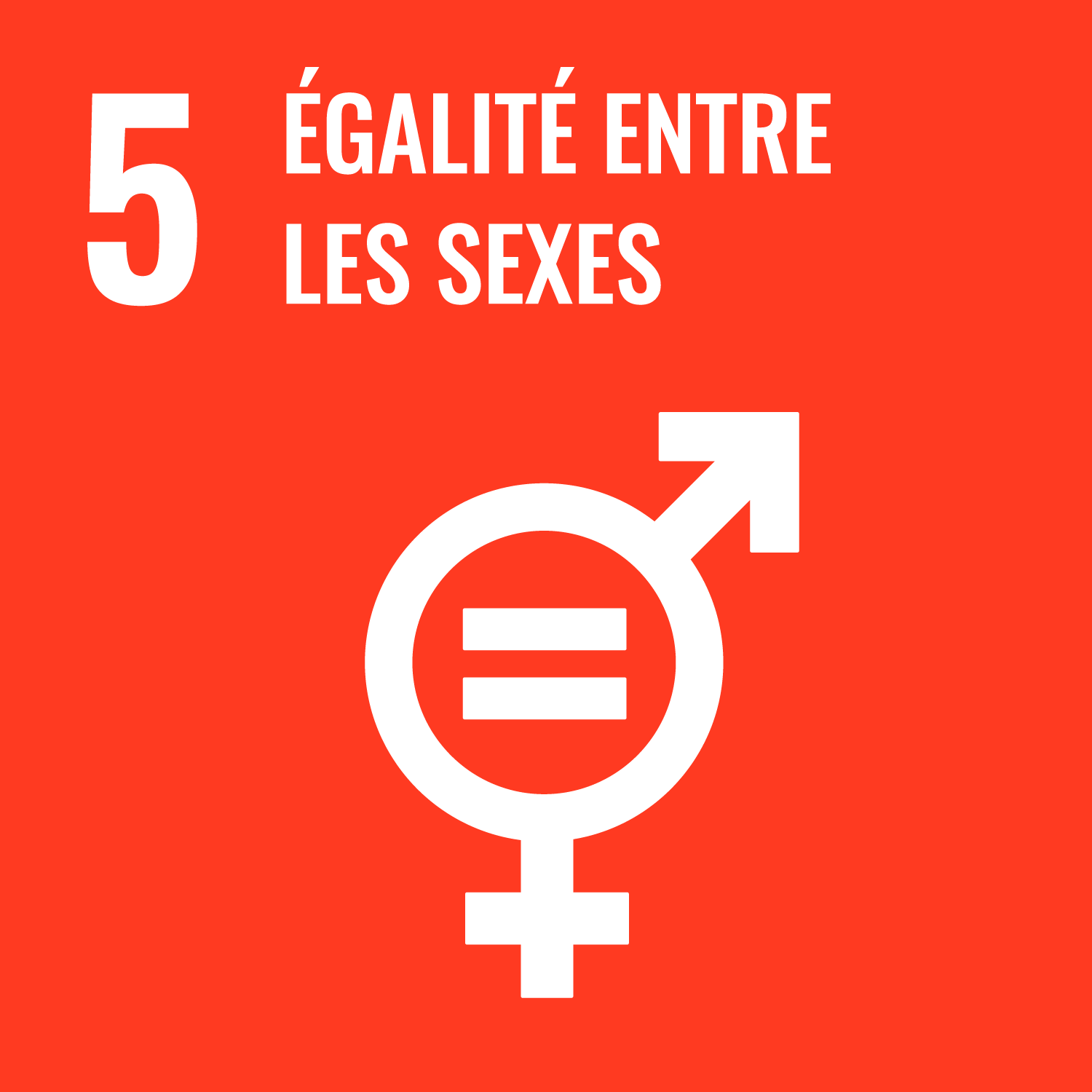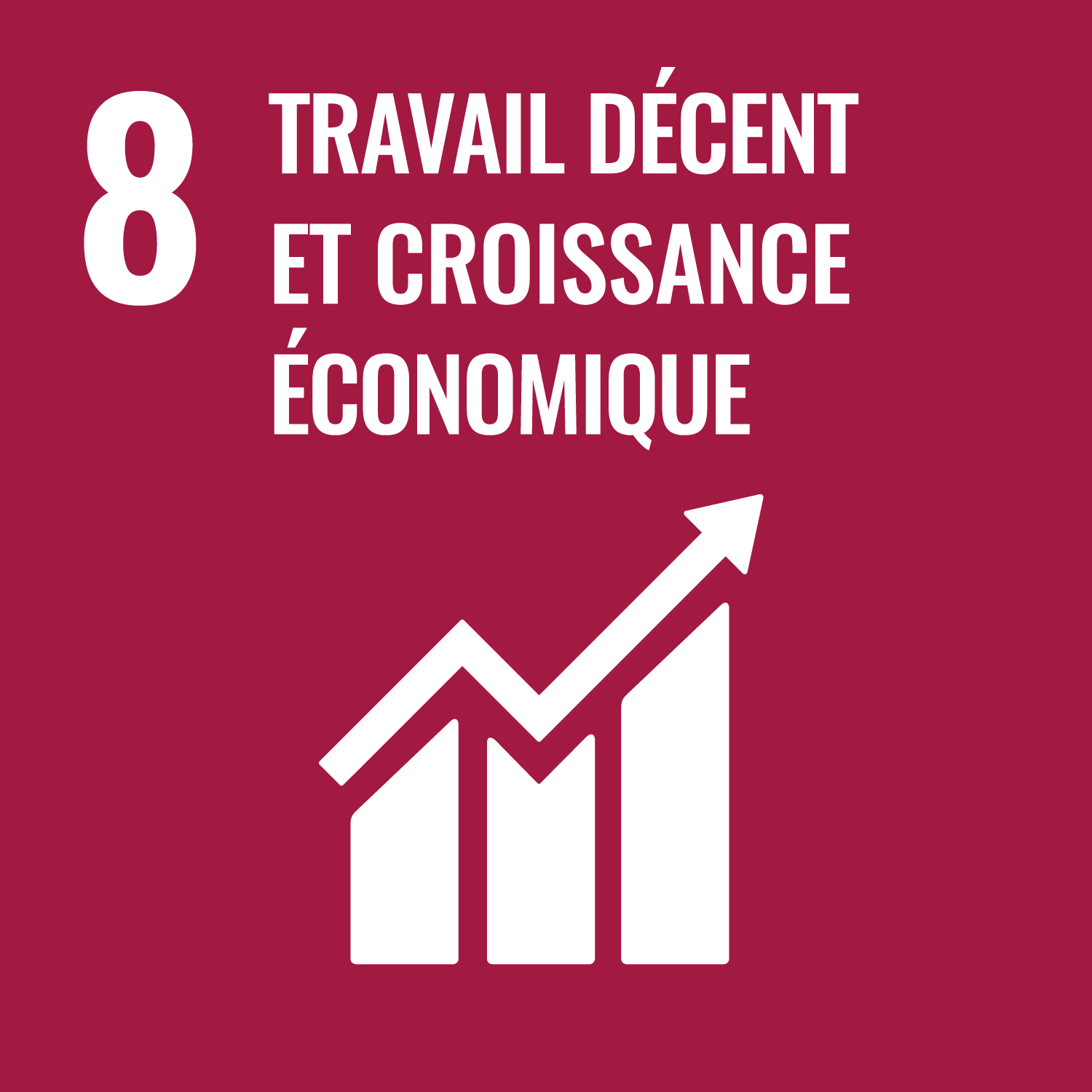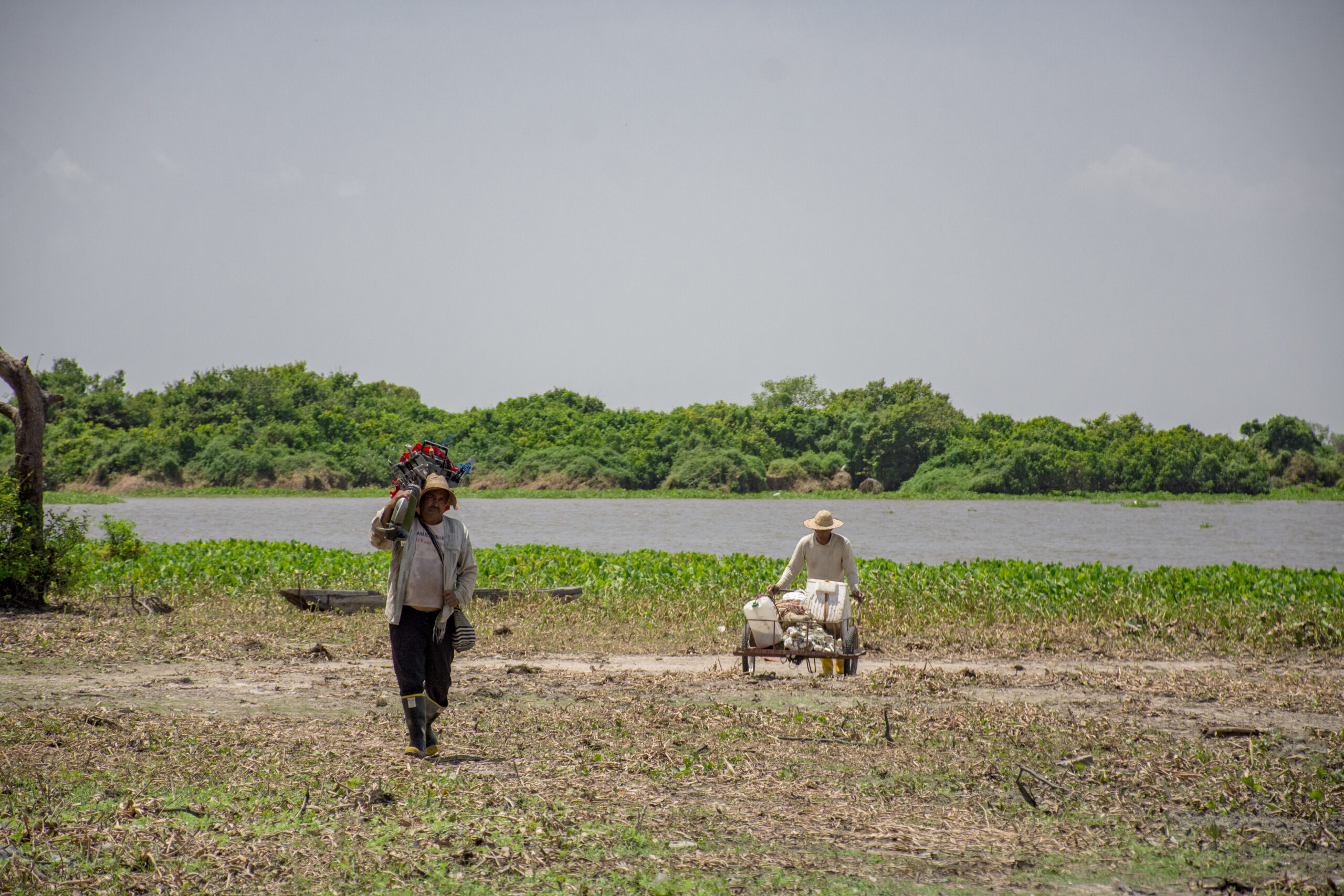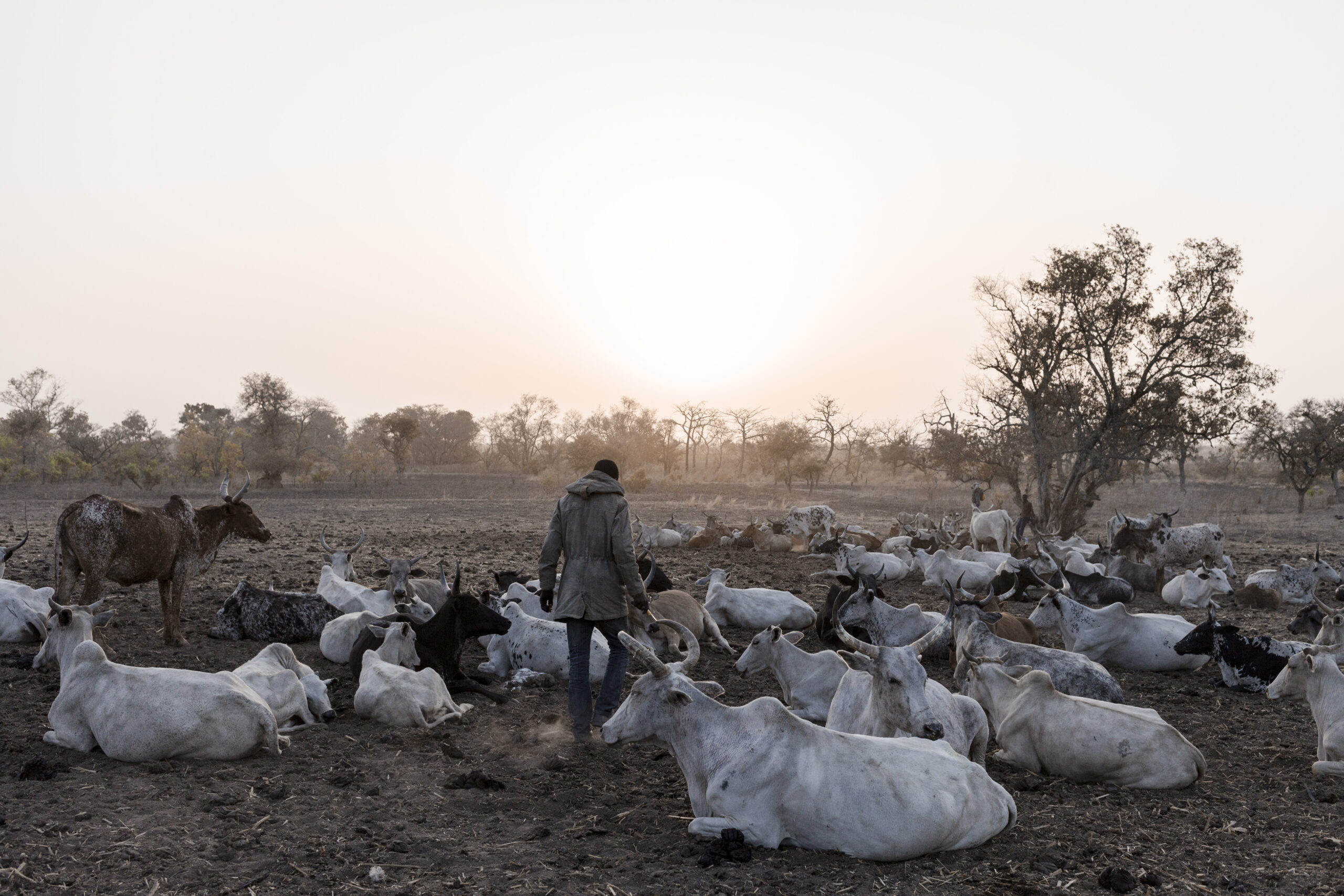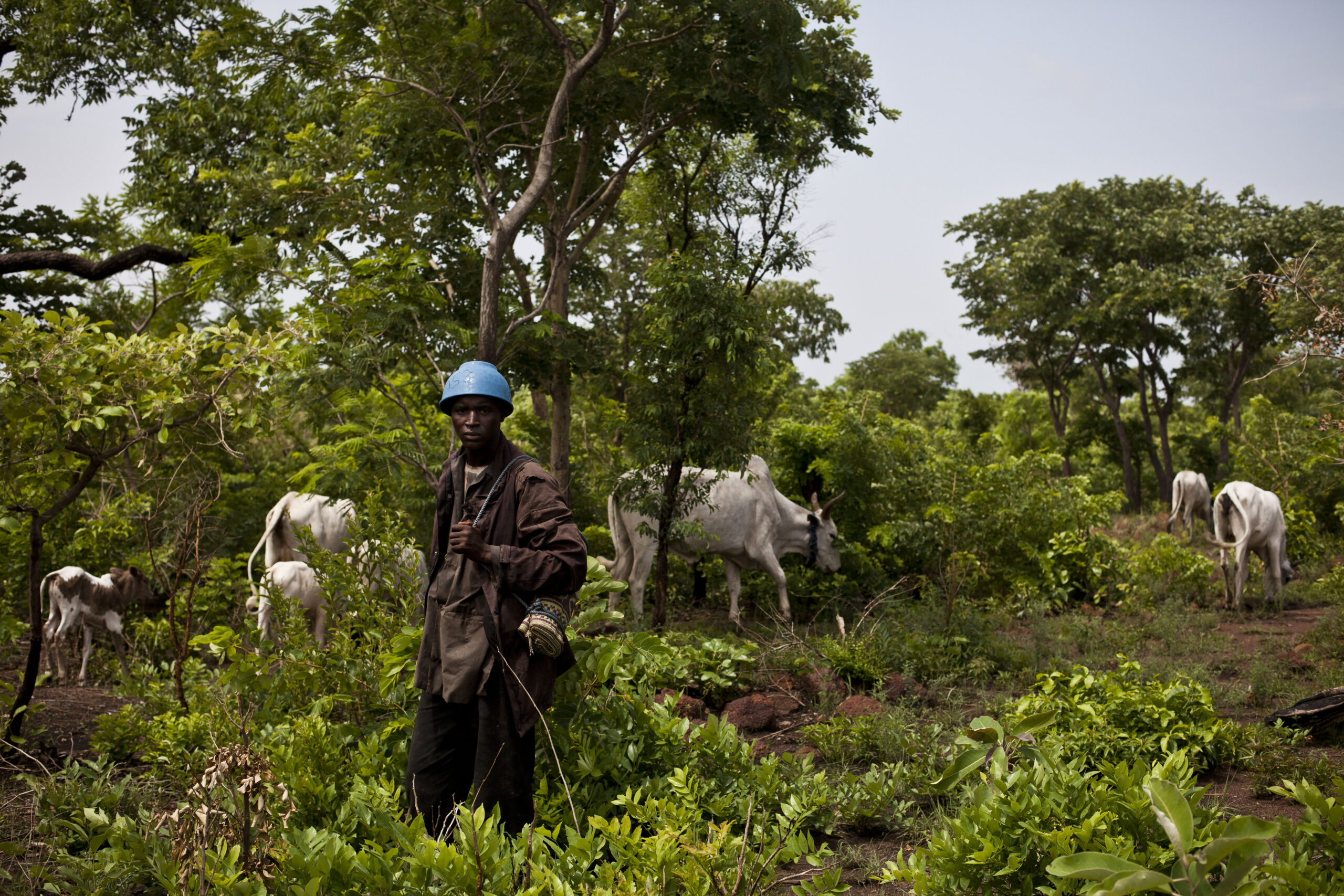71 out-of-school youths from the Saint-Louis department
With nearly 15 million inhabitants and a growth of more than 6% in the last 3 years, Senegal’s economy is one of the most efficient in West Africa. However, the country has a high unemployment rate and its youth faces limited opportunities for integration into the labour market. The vocational training sector is struggling to integrate all young people and to link training and employment, particularly in innovative sectors.
In the Saint-Louis region, young people account for nearly half of the population, and 30 per cent of them are unemployed. However, the region has significant potential: agricultural wealth, local natural resources for construction and the development of the use of renewable energies, particularly solar energy.
PROJECT OVERVIEW
The project aims to facilitate access to vocational training for young women and men in vulnerable situations. The general objective is to improve the socio-economic conditions of young people in the Saint-Louis territory. More specifically, the project aims to facilitate the training and professional integration of vulnerable young people in connection with territorial economic opportunities, particularly in the fields of renewable energy, sustainable agriculture and eco-construction. The project targets several groups of beneficiaries. Some 20 young people, 30% of whom are women, will be integrated into an innovative training course on photovoltaic electricity in conjunction with a partner training centre, the CRFP, whose capacities will also be strengthened. A group of 50 young people, 40% of whom are women in a vulnerable situation, will enter a training-integration programme. They will receive cross-cutting training in labour law and entrepreneurship. Awareness-raising activities on gender inequalities will be proposed. Among these 50 young people, some 15 people, 30% of whom are women, will also be supported and upgraded to integrate a vocational training certificate (CAP) in one of the four pre-identified fields: electricity, plumbing, masonry and mechanical carpentry.
The project also plans to facilitate the link between the job market and training through the implementation of a follow-up of the young people trained. As part of the integration support system set up, Diapalante will take part in the territorial training-integration committees to ensure synergy at the territorial level.
OBJECTIVES
Reinforce the training offer of Diapalante, in order to best respond to the needs of young people in vulnerable situations who enter the integration process.
KEY FIGURES AND RESULTS
- 3 refresher training sessions are organized for 15 young people (30% of whom are girls).
- 90% of young people who have been upgraded integrate a CAP following the upgrade.
- 5 training sessions on cross-disciplinary modules are organized for 50 young people (40% of whom are girls).
- 20 young people receive photovoltaic training (30% of whom are young women)
- 80% of young people graduate
- 100% of the young people are followed during their training and professionalization process
- 4 field-schools are organized
- 1 local NGO is strengthened in its practice and its capacity of territorial animation with communities on the theme of training and professional integration.
